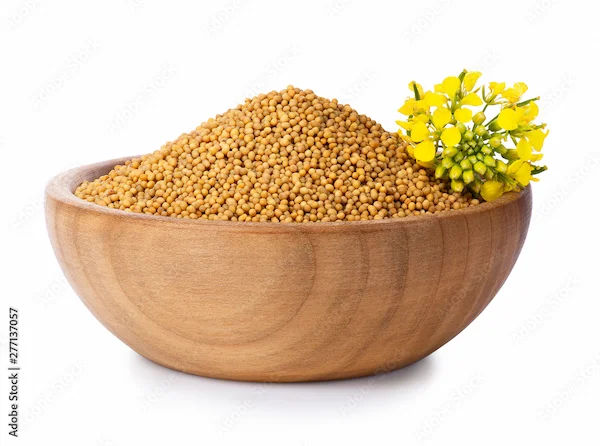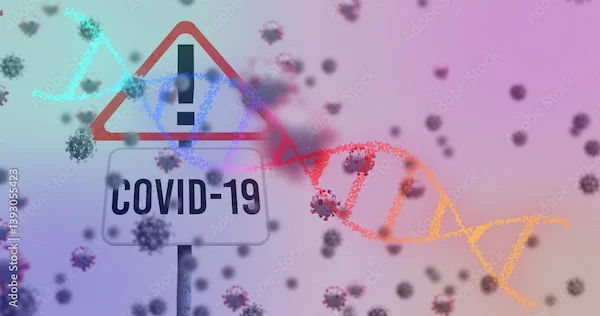Mucormycosis Symptoms Explained
Understand the key symptoms of a myocardial infarction (heart attack), including chest pain, shortness of breath, and other warning signs for timely medical intervention.

Written by Dr. Vasanthasree Nair
Reviewed by Dr. Mohammed Kamran MBBS, FIDM
Last updated on 28th Jul, 2025

Mucormycosis Symptoms Explained
Mucormycosis, often called the "black fungus," is a rare but serious fungal infection that can affect different parts of the body. While it’s uncommon, it can be life-threatening if not treated early. Understanding its symptoms can help you seek medical attention quickly, improving the chances of recovery.
This article explains mucormycosis symptoms in simple terms, along with its causes, risk factors, and prevention tips.
What Is Mucormycosis?
Mucormycosis is caused by a group of molds called Mucorales, commonly found in soil, decaying organic matter, and even in the air. Most people breathe in these spores without any issues, but those with weakened immune systems or certain health conditions may develop an infection.
The infection can affect different areas, including:
- Sinuses and brain (rhinocerebral mucormycosis)
- Lungs (pulmonary mucormycosis)
- Skin (cutaneous mucormycosis)
- Digestive system (gastrointestinal mucormycosis)
Common Symptoms of Mucormycosis
Symptoms vary depending on where the infection occurs. Here’s what to look for:
1. Rhinocerebral (Sinus & Brain) Mucormycosis
This is the most common type, often seen in people with uncontrolled diabetes or COVID-19-related complications. Symptoms include:
- Nasal congestion or sinus pain (one-sided)
- Blackish or bloody nasal discharge
- Facial swelling, numbness, or pain
- Blurred or double vision
- Drooping eyelids (ptosis)
- Toothache or loosening of teeth
- Headache and fever
- Black lesions on the nose or inside the mouth
If the infection spreads to the brain, it can cause confusion, seizures, or even coma.
Consult Top Specialists
2. Pulmonary (Lung) Mucormycosis
This type affects the lungs, especially in people with weakened immunity (e.g., cancer patients, organ transplant recipients). Symptoms include:
- High fever
- Cough (sometimes with blood)
- Shortness of breath
- Chest pain
3. Cutaneous (Skin) Mucormycosis
This occurs when the fungus enters through a break in the skin (e.g., burns, cuts, surgical wounds). Symptoms include:
- Red, swollen, or painful skin
- Blackened skin tissue (necrosis)
- Blisters or ulcers
4. Gastrointestinal Mucormycosis
This is rare but can happen in malnourished individuals or those with digestive issues. Symptoms include:
- Abdominal pain
- Nausea and vomiting
- Blood in vomit or stool
Who Is at Risk?
While anyone can get mucormycosis, certain conditions increase the risk:
- Uncontrolled diabetes (especially with high blood sugar levels)
- Weakened immune system (due to cancer, HIV, or long-term steroid use)
- Recent COVID-19 infection (due to steroids and oxygen therapy)
- Iron overload conditions (hemochromatosis)
- Skin injuries or burns
When to See a Doctor?
If you or someone you know has:
- Persistent sinus pain with black nasal discharge
- Sudden vision problems
- Skin wounds that turn black
- Severe breathing difficulties
Seek immediate medical help. Early diagnosis and treatment with antifungal medications or surgery can save lives.
Prevention Tips
Since mucormycosis spores are everywhere, prevention focuses on reducing exposure and managing risk factors:
- Control diabetes (keep blood sugar in check).
- Use clean, sterile water in humidifiers (if on oxygen therapy).
- Avoid dusty areas or wear a mask when cleaning soil or mouldy surfaces.
- Practice good hygiene (keep wounds clean and dry).
- Limit unnecessary steroid use (only take as prescribed).
How Apollo24|7 Can Help?
If you suspect mucormycosis symptoms, early testing and expert consultation are crucial. Apollo24|7 offers:
- Specialist doctor consultations (online or in-person)
- Diagnostic tests (CT scans, MRIs, fungal cultures)
- Emergency care for severe cases
Book a consultation now through the Apollo24|7 app or website for prompt medical advice.
Conclusion
Mucormycosis is rare but serious. Knowing the symptoms helps in early detection and treatment. If you have diabetes, a weak immune system, or recent COVID-19 recovery, stay alert to unusual symptoms and seek medical help without delay.
Consult Top Specialists
Consult Top Specialists

Dr. Rajib Ghose
General Practitioner
25 Years • MBBS
East Midnapore
VIVEKANANDA SEBA SADAN, East Midnapore

Dr. Shakti
General Physician/ Internal Medicine Specialist
25 Years • MBBS, DNB, PGDHIVM, MRCP (UK)
Delhi
Apollo Hospitals Indraprastha, Delhi
(225+ Patients)

Dr. Sandhya Chandel
General Physician/ Internal Medicine Specialist
16 Years • MBBS, MD (Int. Med.), IDCCM
Bilaspur
Apollo Hospitals Seepat Road, Bilaspur
(100+ Patients)

Dr. Hariprasath J
General Physician/ Internal Medicine Specialist
19 Years • MD (Gen Med), FCCP, Dip (Diabetology, UK)
Chennai
Apollo First Med Hospitals P H Road, Chennai
(175+ Patients)
Dr. Sujay P R
General Physician/ Internal Medicine Specialist
3 Years • MBBS
Bengaluru
PRESTIGE SHANTHINIKETAN - SOCIETY CLINIC, Bengaluru




